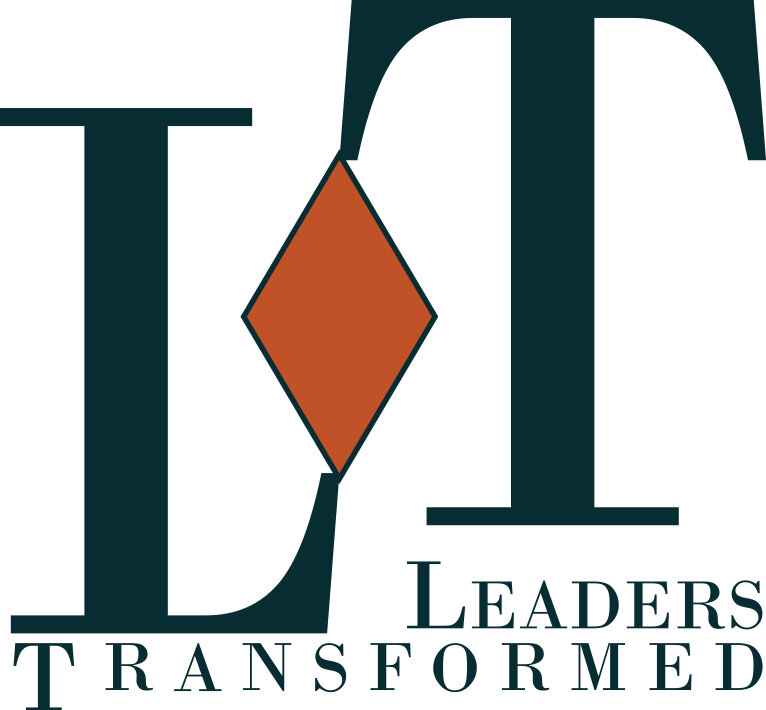Achievement and Individual Insights: Why is it some individuals seem to make it happen, and others struggle to stay on target?
Posted on November 10, 2020, by Steven Schultze
There are many insights learned from an outsider perspective working with various leadership teams around reasons they cannot effectively implement, deploy, or achieve their objectives. Sometimes it all comes down to one individual in the organization, but many times it is a combination of individuals preventing the team from reaching the necessary results. You may not require someone from the outside to come in and point this out; a strong leader or team can work together to find the areas needing growth. It is essential to look at each individual and their skills along with the overall team effectiveness, general culture, structure, systems, and processes.
In this article, I share a few areas that may affect your organization's critical goals' successful implementation.
1. Time Focus. When it comes to getting things done, some individuals have a range of issues associated with managing their time that gets in their way. They may procrastinate. Boundaries need to be established. They fail to set proper priorities. Distractions allow them to lose focus quickly. Maybe the issue is not asserting themselves and saying no.
Own your calendar; do not let the day continually be dictated by everyone else. When it comes to taking control of your time, one of the first steps I recommend is to focus on understanding your priorities. You need to know where you should be focusing the majority of your time and understand why. Those strategic priorities should be at the top of the list when scheduling your time. As you get your priorities in perspective, it allows you to establish boundaries and delegate items to the proper person.
2. Relationship Management. Recognizing the need for forming professional relationships may be a challenge for them. They are not developing and building a power base in the organization. Therefore, when they need to make significant requests, they lack the political capital necessary to make things happen.
Relationships need to be built and developed by all in the organizations, both personal and organizational. A few key individuals to consider for growth in this area; your peers and colleagues, mentors, managers, customers, and direct reports. Ask yourself, "how can I help them succeed?" Then ask yourself, "how can they help me succeed?" Spend some time getting to the answers to these questions for each of the key individuals and then work on action to move those relationships forward.
3. Influence and Political Power. Still, other individuals are not politically savvy. Unfortunately, they do not apprehend or realize the informal power structure within the organization. They do not have a well-defined picture of what it takes to get the idea agreed upon up, down, and across the organization.
Getting results in these areas is similar to relationship management. You will need to develop a decent relationship first to assist each other. Some additional areas to consider that help understand yourself, self-awareness, and development areas are assessments like EverythingDiSC or Birkman. Knowing yourself and how you react and learning the styles of those you are working with will assist in situations you need to influence.
4. Results. Some individuals want to put other things before accomplishment for the organization. They would prefer to be right. They would like to look good. They would prefer to be the smartest person in the room. With these false priorities, these individuals produce what can be considered a "nasty payoff." Still, in the end, they do not attain the real victory – neither for the team, organization, or their long-term career.
One of the first areas I recommend developing is understanding the individual's projects and what success looks like for the project. Building an exact list of project success can help individuals shift their focus from themselves to the larger objective.
5. Limiting Beliefs. Individuals are holding themselves back in the ability to execute and implement. Many times, this limiting belief can be tied back to one of the four areas listed above. For example, a leader with the idea that they cannot trust other people will have trouble developing professional relationships, power base, and many times takes on the tasks that should be delegated. Perfectionism is another belief that will lead to time orientation issues.
Shifting a limiting belief will generally take some work and time and is typically done with someone the individual is comfortable with, such as a mentor or coach. It takes time to recognize and acknowledge the behavior that is holding someone back. Follow this up with time to develop methods to help change the behavior in a manner the individual is comfortable with as their new normal.
Ask yourself these questions.
What is it costing you by allowing any of these areas to continue on the same path?
What would be the value of improving your organization's ability to become aligned and achieve your objectives?
Leaders Transformed conducts a comprehensive performance review of individuals and teams focusing on their ability to implement and execute. More often than not, there is a minimum of one area an individual leader or manager gains an awareness that leads to measurable performance gains.
Contact Leaders Transformed to discuss how to make changes that will lead to improvements in your organization.

